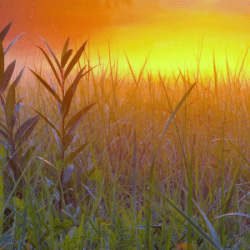Ironically, Hindus themselves need to be reminded of Hindu ideas now to save their land of origin India from the assaults of all kinds of pollution. The Bishnois, a Hindu community in Northern India, is famous for its earliest ecological sacrifice in 1730, in which a woman named Amrita Devi led 362 other Bishnois to sacrifice their lives to protect their sacred tree. The public memory of this event continues to inspire environmental movements, such as the Chipko and the Appiko. However, Indian rivers, mountains, forests, and air are under tremendous pressure due to rising economy and growing population. The future of Hinduism is thus increasingly dependent on how successfully Hindus learn and apply their teachings in everyday life.
To conclude, Hindu ideas and practices are slowly entering and transforming the Western lifestyle. Hindus in turn are becoming more aware of the global problems such as the climate change. The ideals of Hinduism, such as pluralism, dharma, ritam, and nonviolence are some important lessons for the future of Hinduism in particular and for humanity in general. If today's Hindus can take inspiration from their own teachings, they can ensure a healthy and prosperous future for themselves, their diverse neighborhoods, and their natural resources.
Pankaj Jain is an Assistant Professor at the University of North Texas where he teaches on South Asian Religions and Ecology. He is interested to connect ancient traditions with contemporary issues and has published his research in the Journal of Vaishnava Studies, Numen, Religion Compass, Religious Studies Review, Visual Anthropology, and Worldviews.




